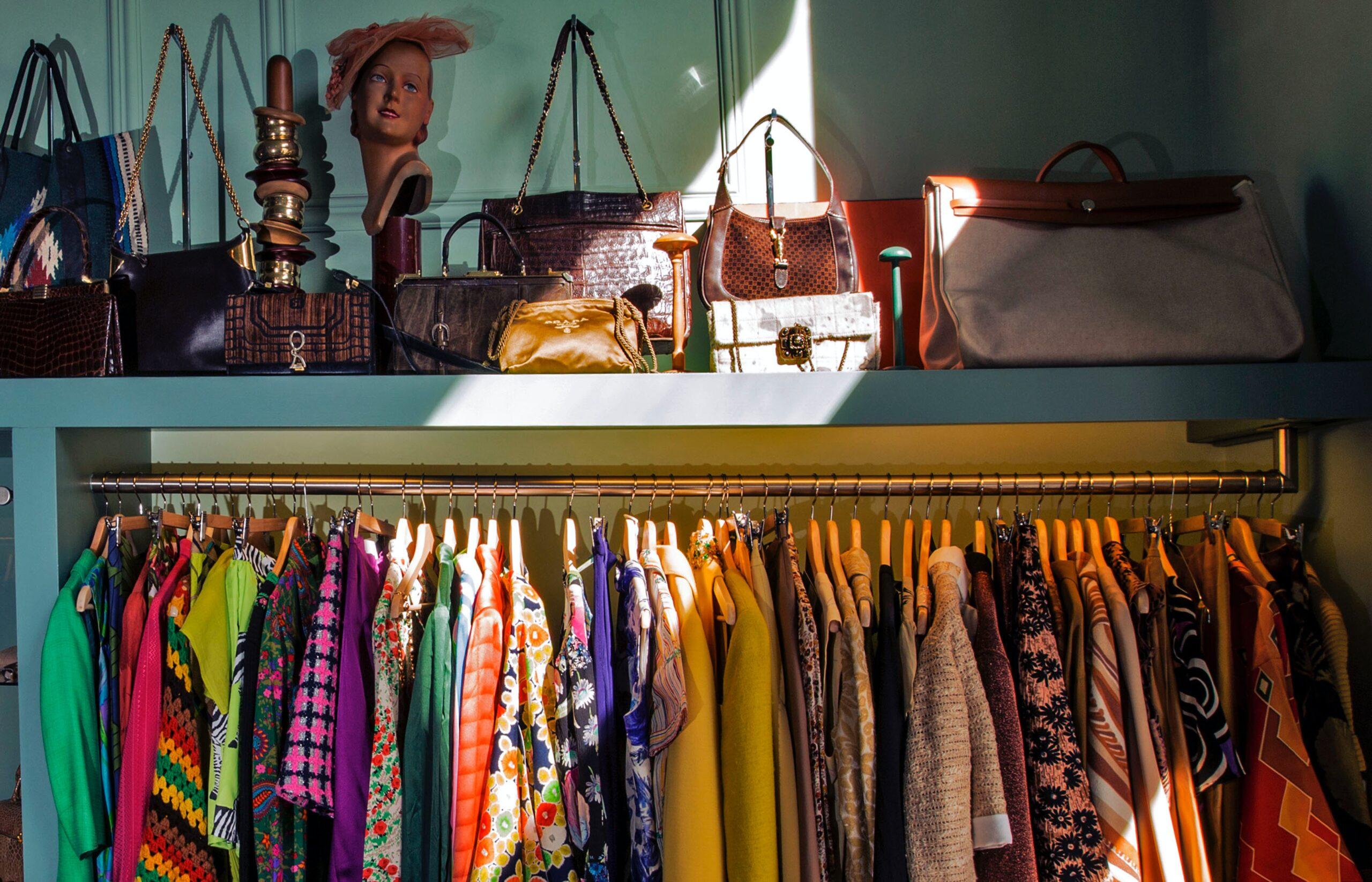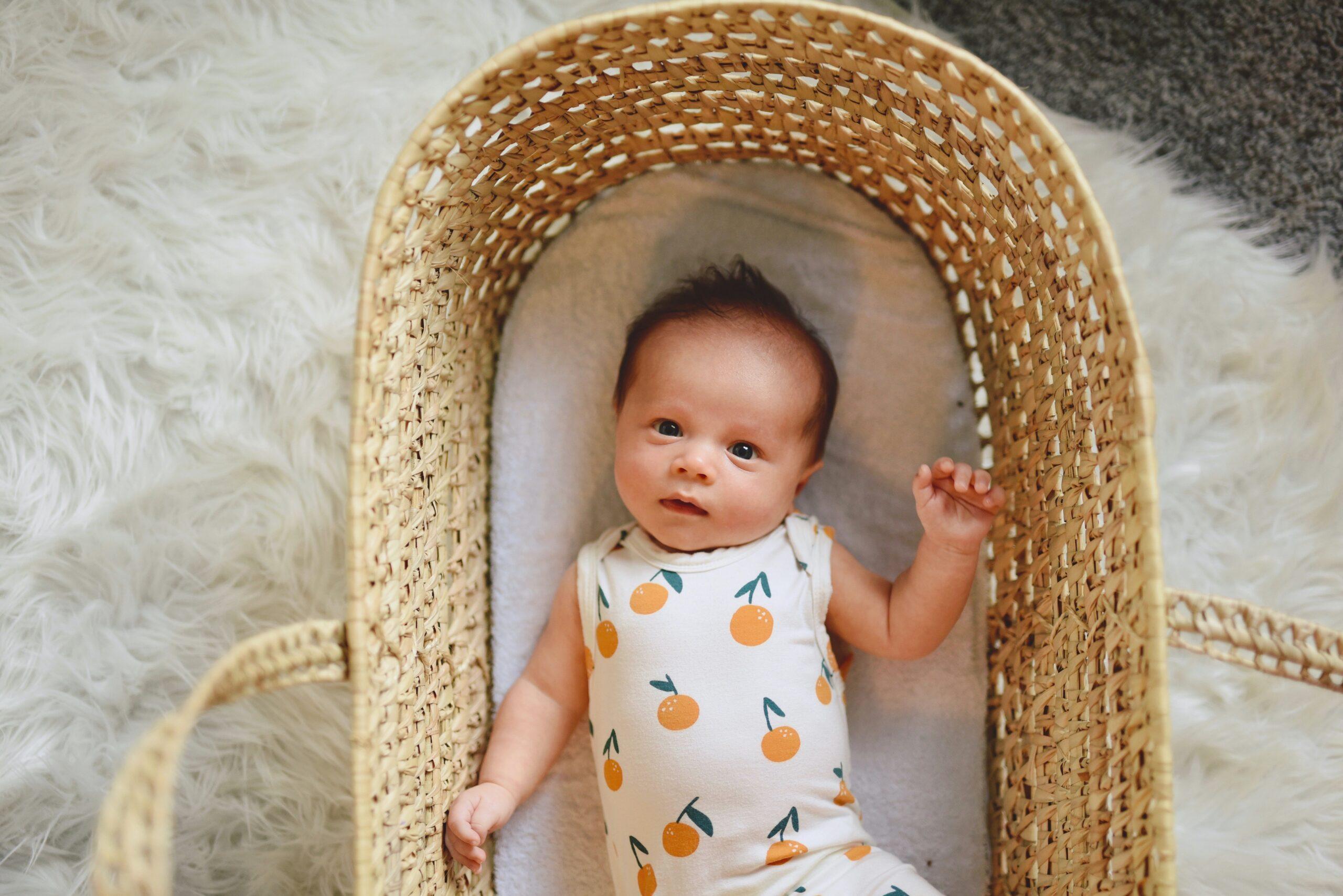Unorganized? Overwhelmed? Why are so many parents unable to handle the daily clutter that engulfs their families at home?
The sheer quantity of clutter can overwhelm the sanest adult. With new systems and resources, however, you can function more efficiently, reduce stress and have more time to do the things you value— even during this season of cleaning. Following these simple tips should make your life a little easier this spring.
Storage Issues
Be creative about the types of storage you use, especially when welcoming baby.
- Wicker baskets are great for holding magazines, newspapers and toys. And even toddlers can be taught to put all the toys in the basket at the end of the day.
- Furniture should be as functional as possible, serving more than one purpose. Ottomans that open and tables with drawers or doors can hold lots of things neatly and out of sight. Boxes that fit under the bed are great for storing out of season clothing or clothing too big for your baby. Always remember to label these boxes for easy retrieval.
- If closet space is an issue, consider buying an armoire. It is an ideal storage piece for the nursery because you can use the closet portion to hang the baby’s clothes and use the drawers for storing diapers, nightshirts and crib bedding. When your baby gets older, the armoire can be converted into a closet— or it can even function as computer space or a TV cabinet.
- If you have good closets but not enough floor space to hold a changing table, crib and dresser, consider buying a kid’s dresser. It is lower to the ground and smaller, with a changing pad attached, to act as a dresser and changing table in one.
- Finding room for the baby’s kitchen utensils presents a challenge if your kitchen is small. Try a highchair alternative such as a clip highchair or a travel-feeding seat, which folds flat for storage.
Mail/Newspaper Issues
Since leisure time for reading scarcely exists, what do you do with all the credit card offers, catalogs, magazines and newspapers that are piling up?
- Sort your mail near a garbage can. Almost everything that doesn’t have a first class stamp on it, including circulars and junk mail, should get tossed.
- Designate a permanent mail area. Keep one area for all the “real” mail. This might be a basket on a table, a box or a container mounted on the wall. Choose an off-peak time of your day to tackle the mail and stick to it every day.
- Set up a desktop filing system. Use files labeled “to do,” “to buy,” “to call” and “to pay” to keep track of important tasks. Label files for medical insurance and financial matters. Try to keep up with the filing. If it becomes a habit to put the paper in the correct folder, retrieval should become second nature.
- One quick look at a magazine’s table of contents leads you to the article you want to read. Tear out desired articles and file by subject. Recycle the rest of the magazine.
Gifts and Thank-You Notes
Are thank-you notes driving you crazy? Namely for new parents, are notes spread out all over your house? After you write a note or letter, do you know where the stamps are so you can mail the envelope? Maybe you need to create a box for thank-you notes.
- Place thank-you cards, stamps, pens and a master address list in a box.
- After opening a present, write the gift’s contents on the back of the card. Place the card in your thank-you note box until you can respond. You can also clip the gift receipt to the card until you are certain you will keep the item. This keeps all things relating to your gifts, aside from the actual presents, in one place. Such an inclusive thank-you note box enables you to jot a note during a free moment, knowing what you received and without having to search for a pen or stamp.
- When preparing for baby, get another box and label it “Baby Memorabilia.” Use this for items such as cards, birth announcements, pictures and hospital bands. Many children’s stores carry boxes designed for baby items along with matching baby books. Then when your family’s belongs are in order, you can get around to creating that baby book with the items in the memorabilia box.
Remember that you need to take control of your possessions and not let your possessions control you. If you take the time to set up new systems, keeping an organized home becomes a cinch.
Finding Sanity— And Lost Possessions
According to the American Demographic Society, Americans waste 9,000,000 hours annually looking for lost or misplaced items. The hour spent now reviewing the papers on your desk, tossing what is not needed and filing what needs to be saved should thus save you countless hours when you are looking for an unpaid bill or preparing for next year’s tax return.
What should you toss? Here’s a seven-point program to help you determine what to save versus what to toss in order to prevent you from losing things year-round.
- Start with small steps. Gather all of your loose papers in one stack. This means you have just cleared the kitchen table, your night stand and most of your desk. Your living space looks better already!
- Purge the paper pile of all material you will never need. Keep in mind that approximately 80 percent of documents that are filed are never referenced again. Be ruthless. The stack should be considerably smaller.
- Sort the remaining papers into broad generic categories. Those categories may include finances, utilities, tax information and health information.
- Refine your categories and make piles. For example, divide your financial folder by type of account, such as bank, brokerage and mutual fund account.
- Use a filing cabinet. Buy hanging folders and label them to accommodate your main categories. Color-coding can help you distinguish main categories. For example, green may be used for financial materials.
- Place interior file folders in the cabinet to hold each subtopic, ensuring folders are labeled appropriately. Properly labeling file folders is the key to rapid retrieval.
You do not need to accomplish all this in one day. Work for a few hours at a time, and stop and reward yourself for making progress. Short bursts of time spent on taming your clutter makes maintenance a snap.




